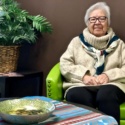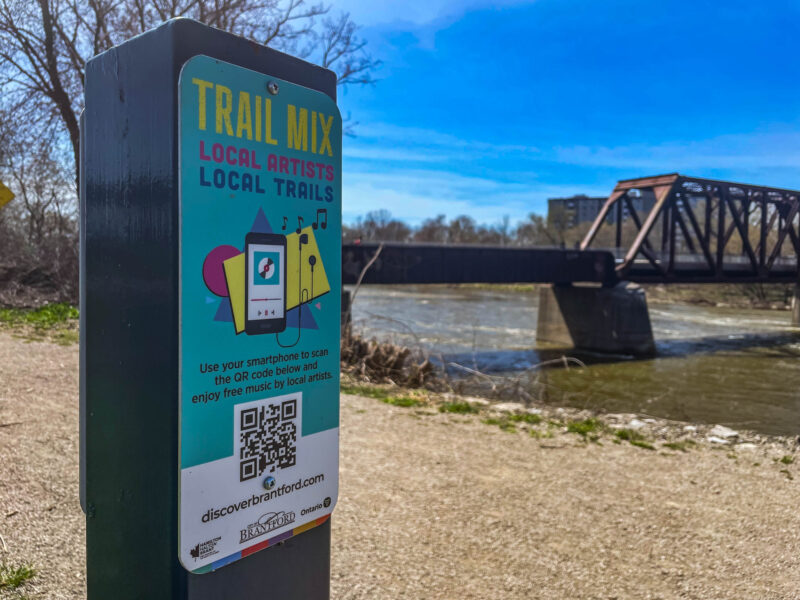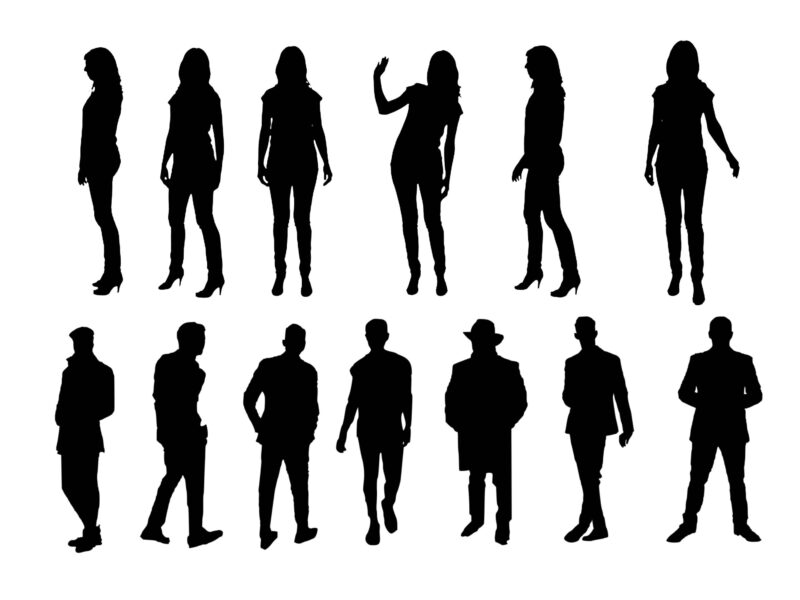As students at Laurier Brantford, we are all aware of the many resources we have here on campus that help fulfill our various needs. Whether it is through the Wellness Centre, the Writing Centre, or even Foot Patrol, there are many different categories of services available. What most people don’t know, however, is that we also have a program here on campus to help enrich our knowledge about Indigenous values and principles.
The program elders come to campus and are hired by Laurier to help assist in classrooms when professors request them. They help provide knowledge and guidance for students’ lives and promote the integration of Indigenous culture into everyday life. There are also opportunities for one-on-one teaching with the elder, where a safe space can be created for a student to help them with whatever need.
The opportunity is currently mainly available to social work students, but Laurier Brantford’s elder, Norma Jacobs, wants to open the opportunity to all students.
“I’ve always talked about Indigenous perspectives in whatever class I’m invited to. Whether it’s mental health and how our people look at those. Because everything is together it’s not separate, we don’t teach separately about justice or … about you know social well-being or mental health or physical health…” said Jacobs.
Jacobs has signed a two-year contract with the Brantford campus and wants to make the most out of her experience here. She aims to share knowledge with the students about Indigenous people and to be to open discussions about the misconceptions people have about the community.
“I think the whole life cycle and that we need to understand one another and as people we all have different perspectives or that we have our own creation stories on how we got to be. As Indigenous people, all Indigenous people have their own stories and they have a culture that is especially for them… that’s how they were to live their lives in relationship to the earth, our mother,” said Jacobs.
As we have seen in the news recently, the ignorance of certain groups and the misconceptions that people have about Indigenous people have created barriers between them and the media. Many people refer to minor incidents in the past as a way to leverage their ignorance, and Jacobs believes that this can and should be changed with proper education.
“I think that those barriers need to be removed. How they look at us as instigators of violence and being protesters, that we are not real people. That we are just objectified… Not only students but the universities, not only here in Brantford, but all over the world need to understand that we are a people of peace and that we hold many tools in order to share with others, and to implement it from their own understanding,” said Jacobs.
Helping students understand the importance of the land that they are studying or living on can help shape the way future generations can show respect for their elders. There isn’t a reason to believe stereotypes when one has access to resources education.
Especially in today’s climate, it is easy to simply believe whatever you see on TV, but having the resources available to help people become more educated is very important to Jacobs.
“I think that now too, a lot of non-Indigenous people do come forward seeking our knowledge because of the things that they are seeing in the world that is happening today… our knowledge is out there to help and understand what that reciprocal relationship should be about…. The land is not about consumption but a gift to honor the people…” said Jacobs.
Indigenous cultures teach people to respect where they live and what was there before them. Learning from where we once lived and where we get our resources is very important and is crucial to understanding oneself as well.
“We have so many tools and that’s what our environment is about. Our ceremonies, our language… they are all about having a key to turn and go deeper into those ideas… the tools that were here before us and how that relates to me, how do I become that person by focusing on that energy?… We get our answers from our environment, the things we know from our stories, from our songs, from our language,” said Jacobs.
The various requests that can be brought up to an elder need to be made respectfully. Consideration towards what can be asked and what cannot be is very important when wanting to talk to an elder. According to the Laurier website on requests of our elders, “when requested, it is important that their input be regarded with respect and one must follow through on the advice of the elders”.
The request isn’t only meant to be discussed, but acted upon as well. There is an offering of tobacco wrapped in a cotton cloth after the elder accepts and understands the request, demonstrating the value of respect. Indigenous cultures strive on respect and recognition.
Jacobs wants there to be more educational offerings here at Laurier that show Indigenous cultures and allows students to learn about them. Allowing people to share their own cultural experiences is important and helps the public understand that there is lots more to learn.
“I think it’s really important to have events that host Indigenous speakers and knowledge holders because they really have an impact. They have a kindness that can engulf people and conversation because their stories are real, and they can have examples. Many different things that haven’t even been envisioned by the outside world,” said Jacobs.




